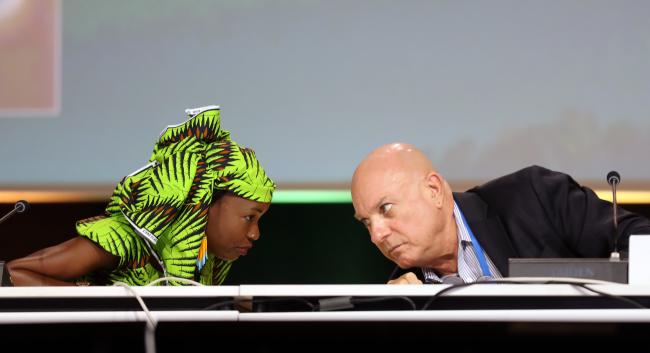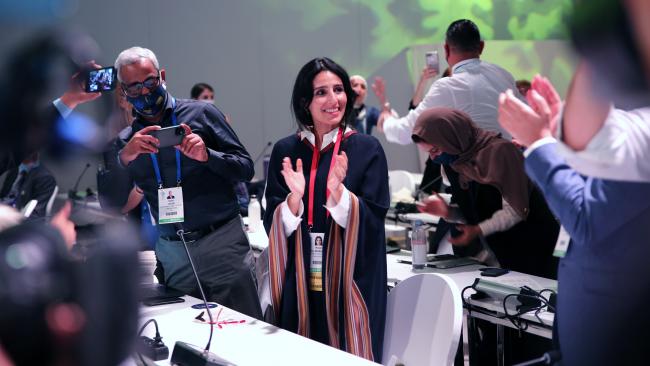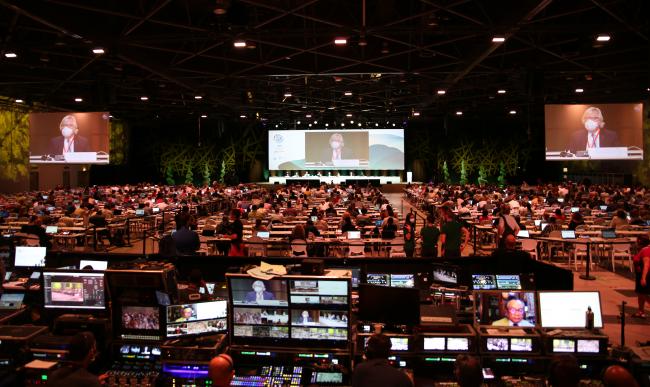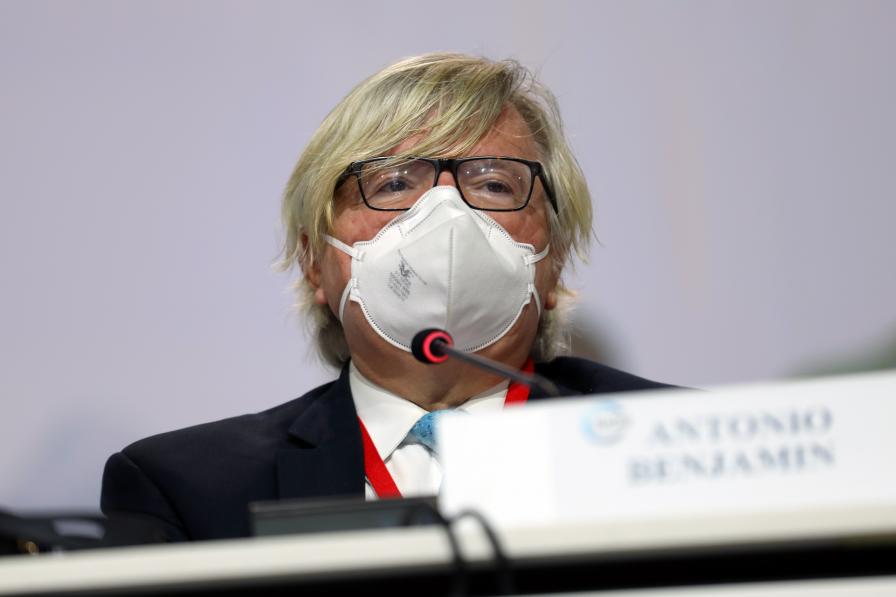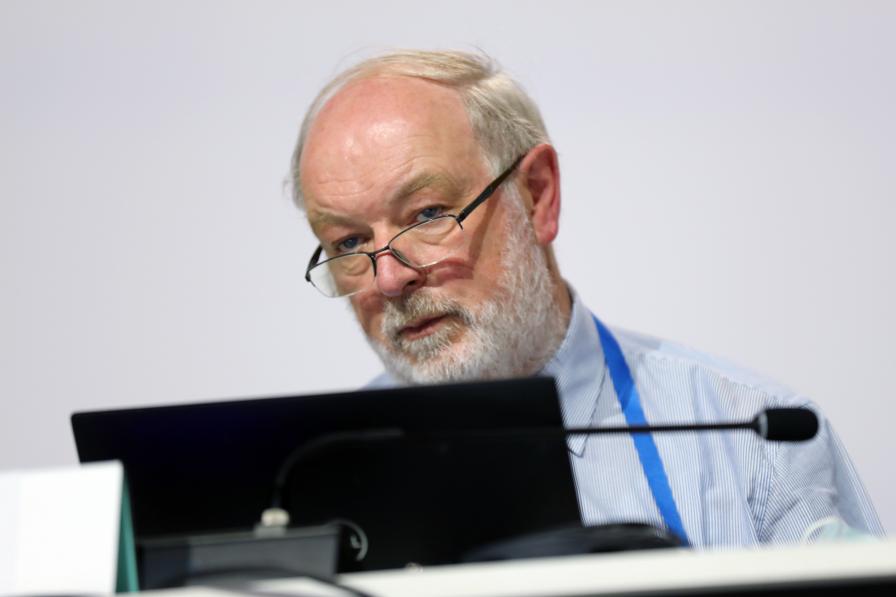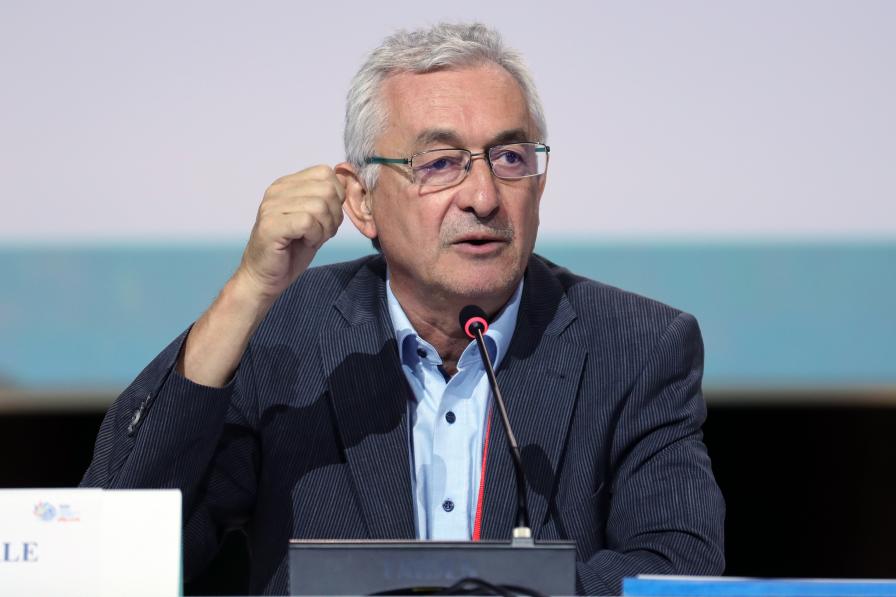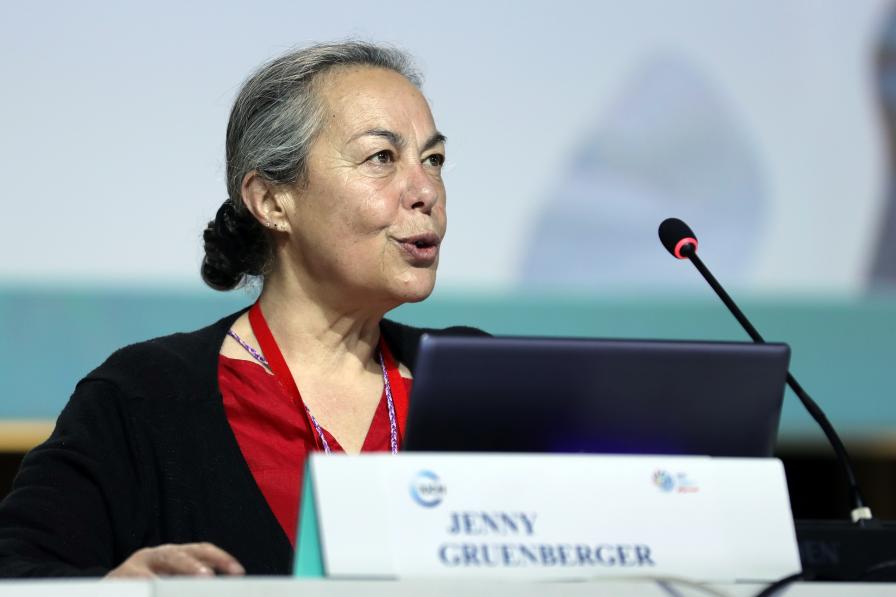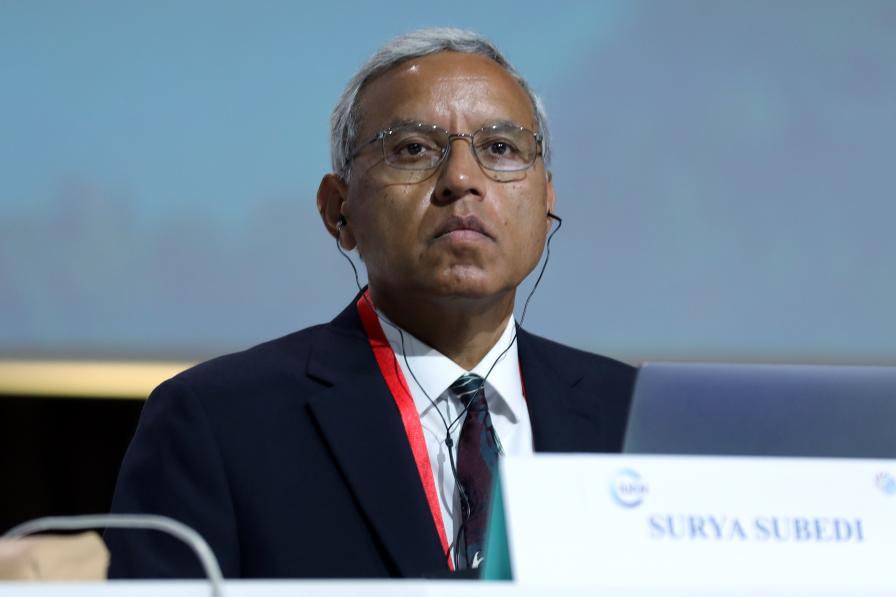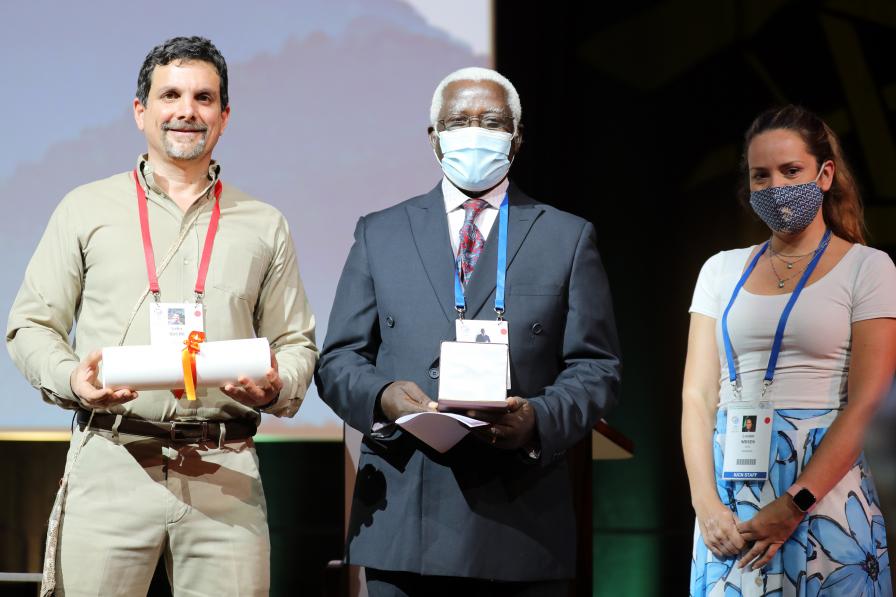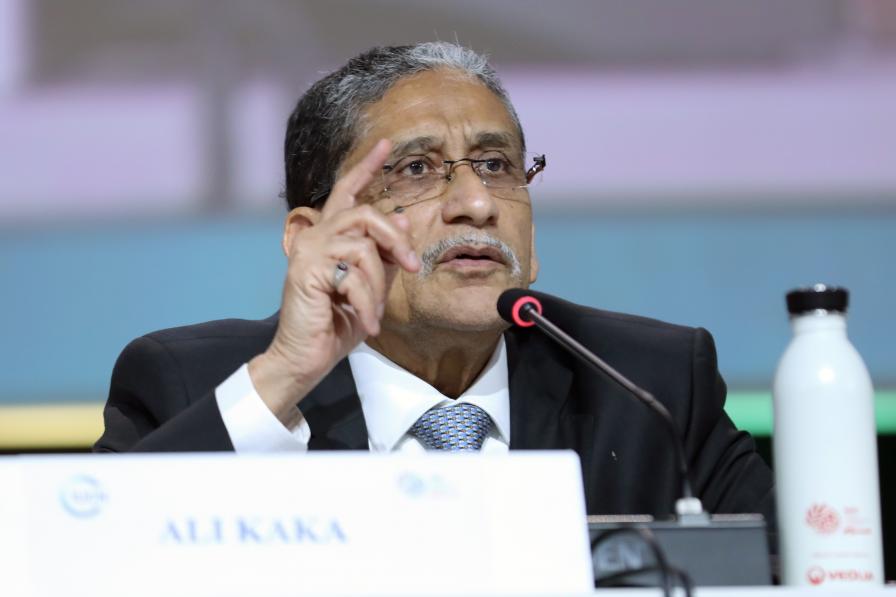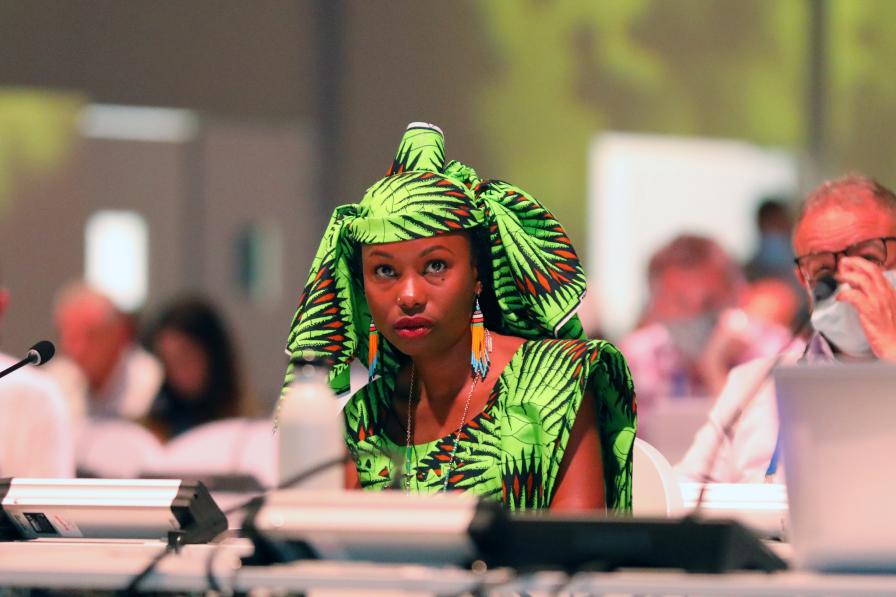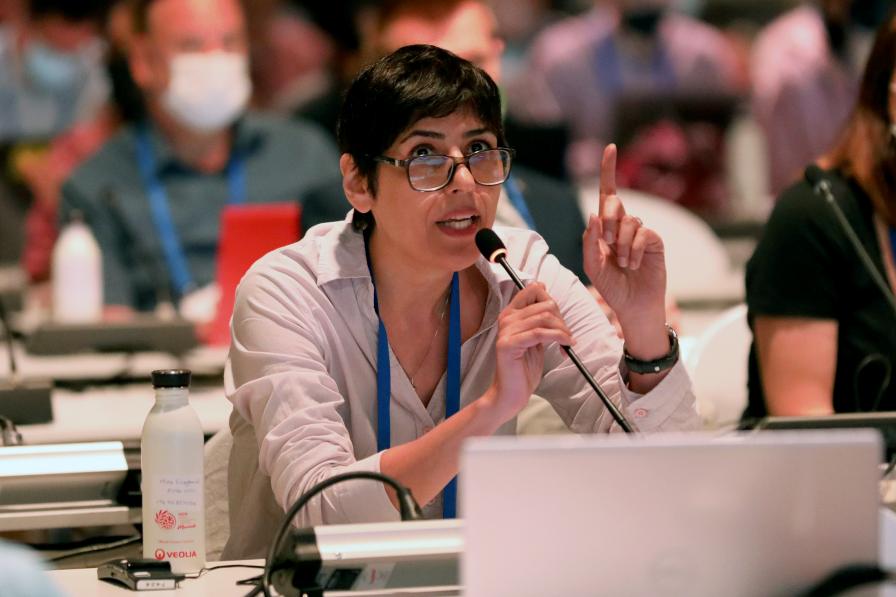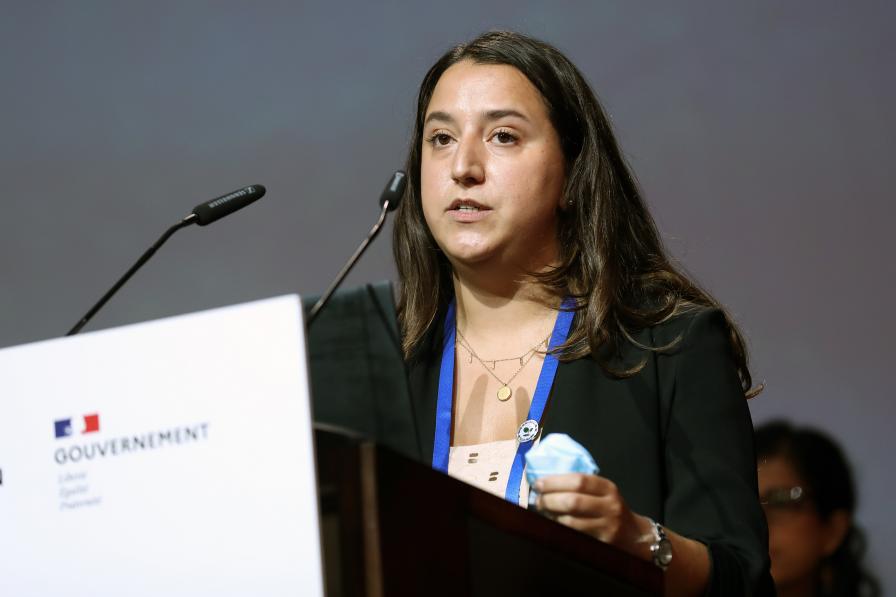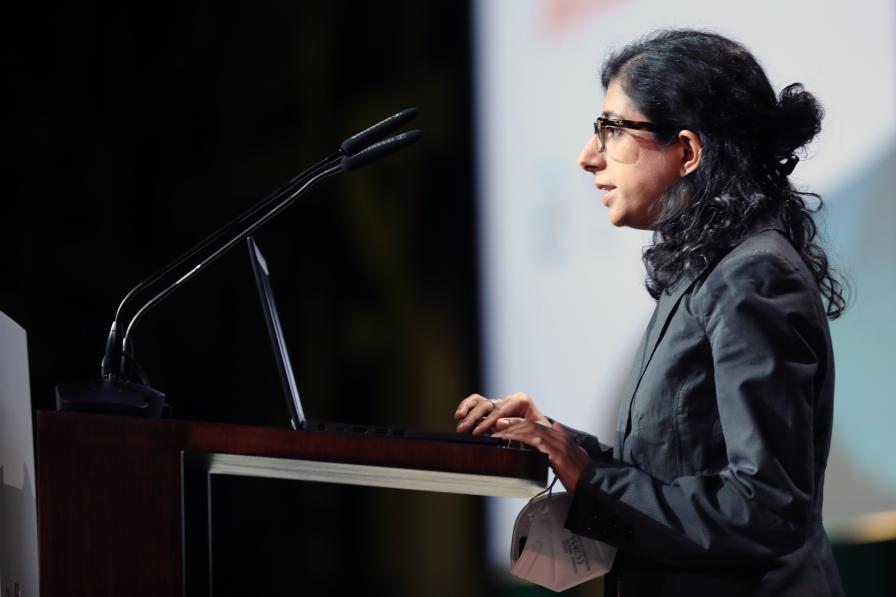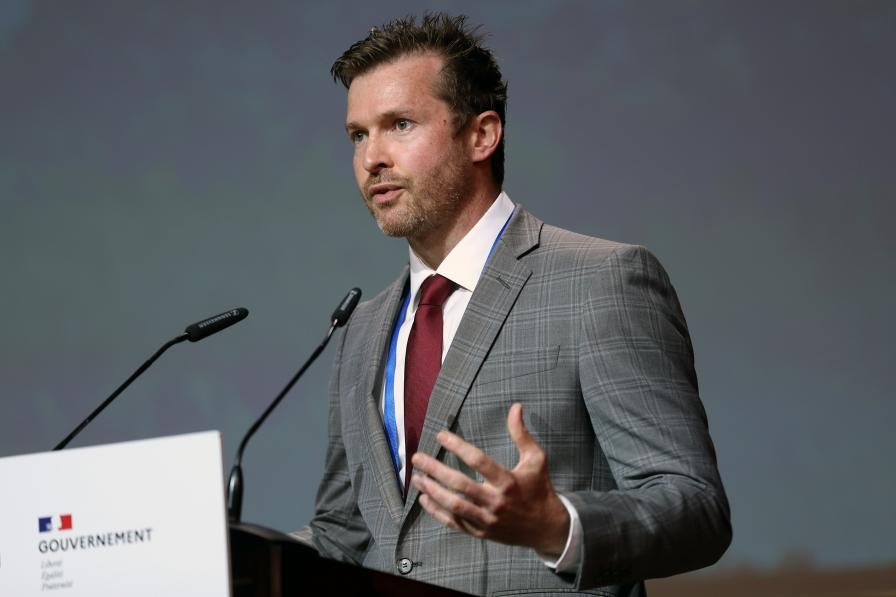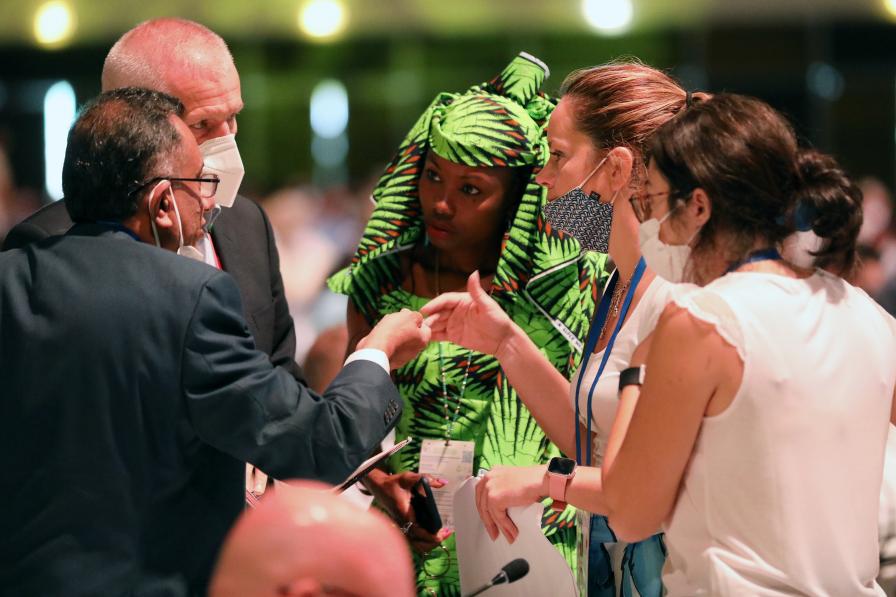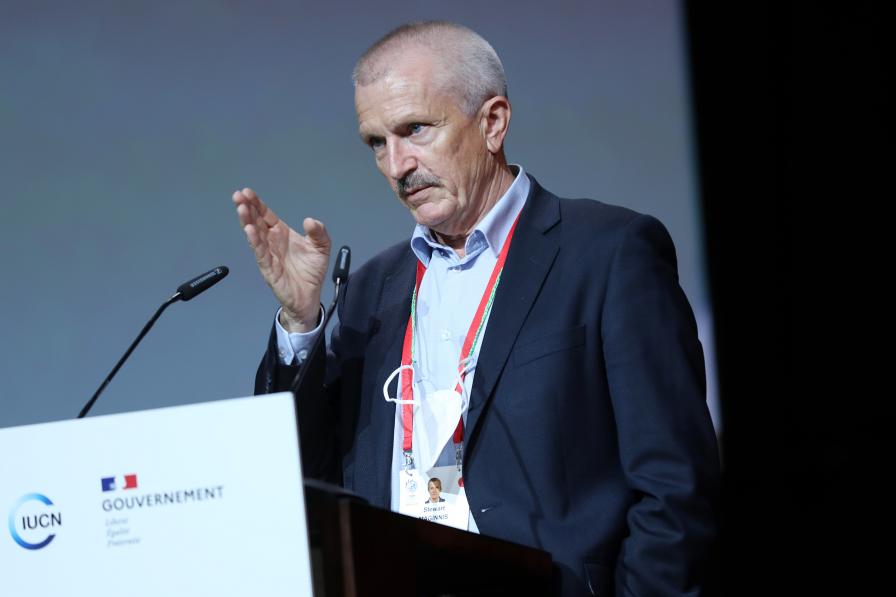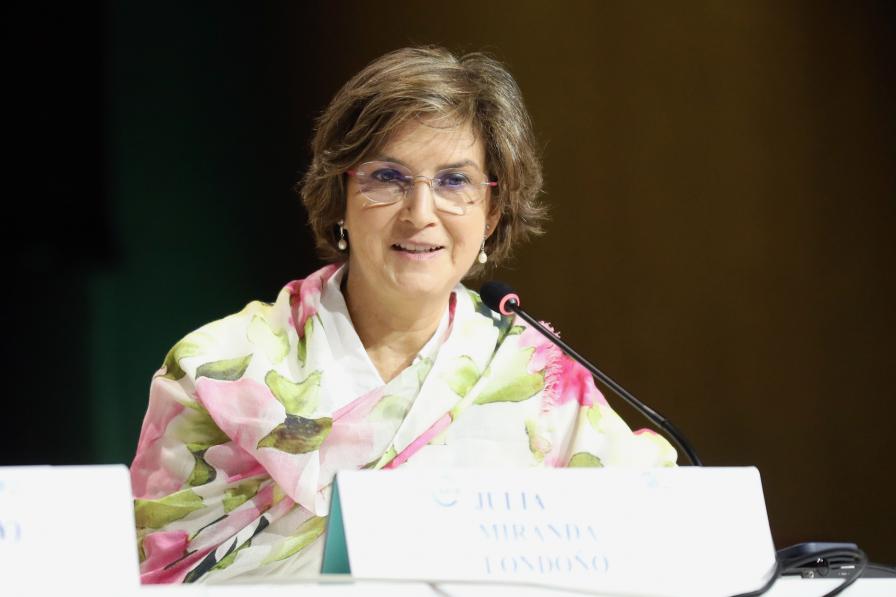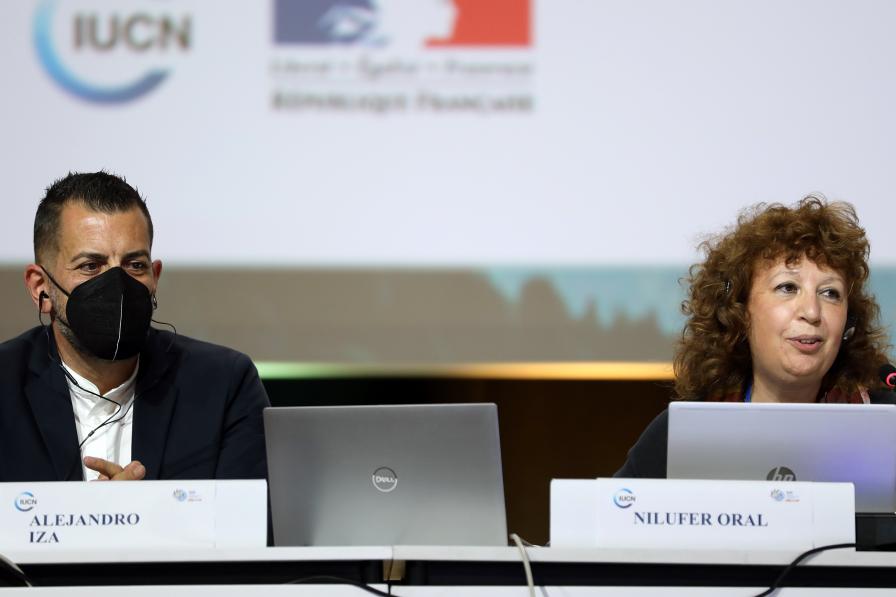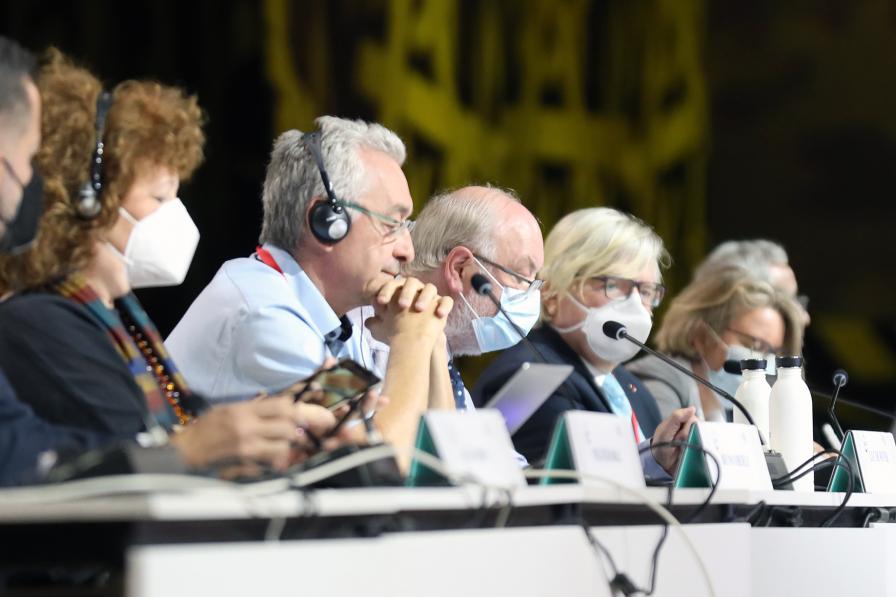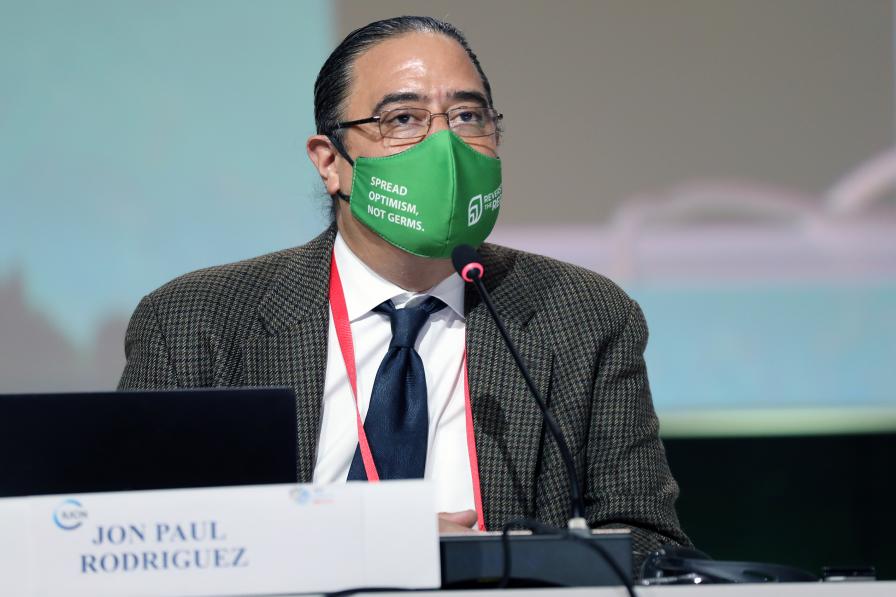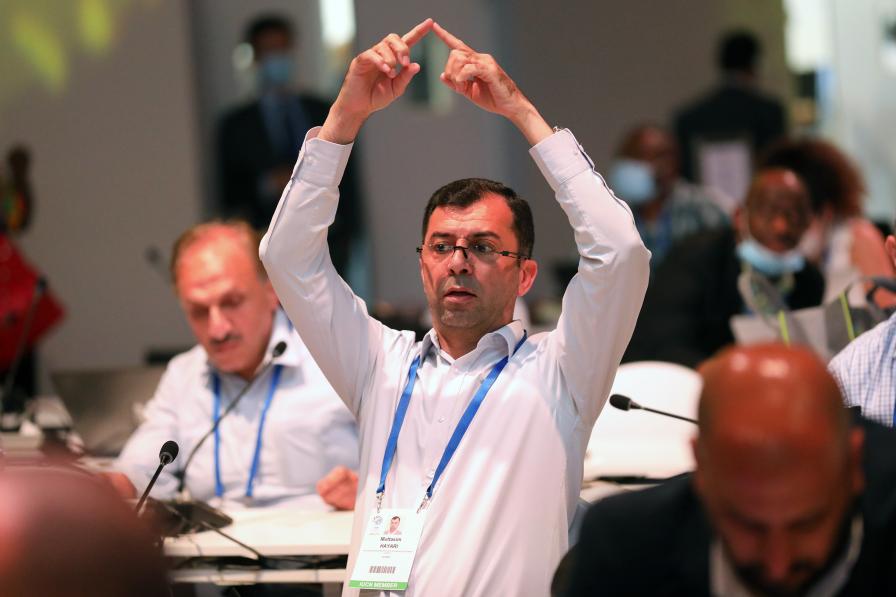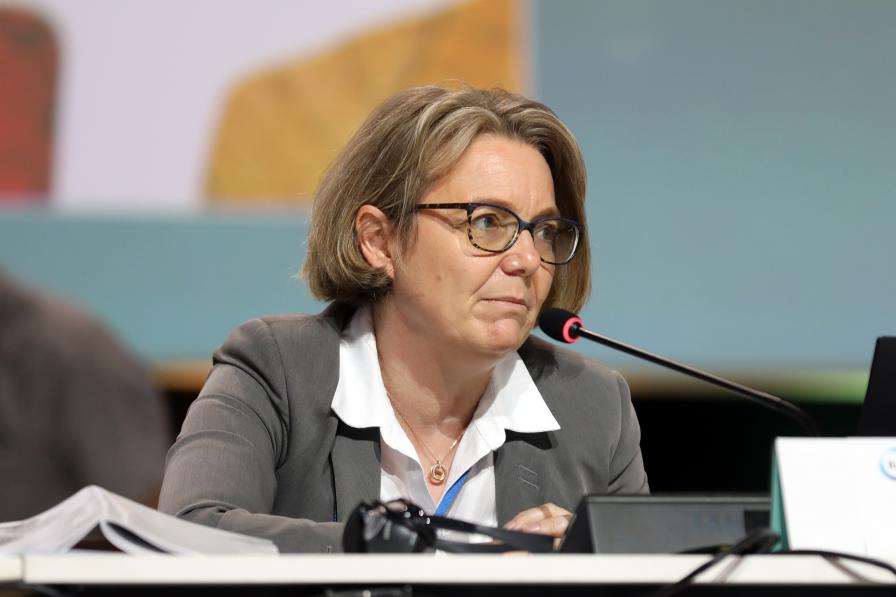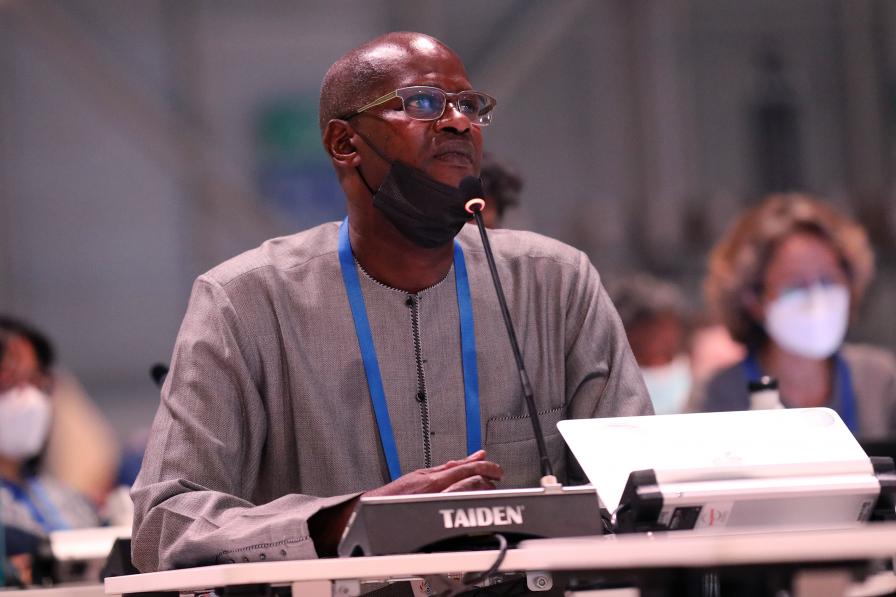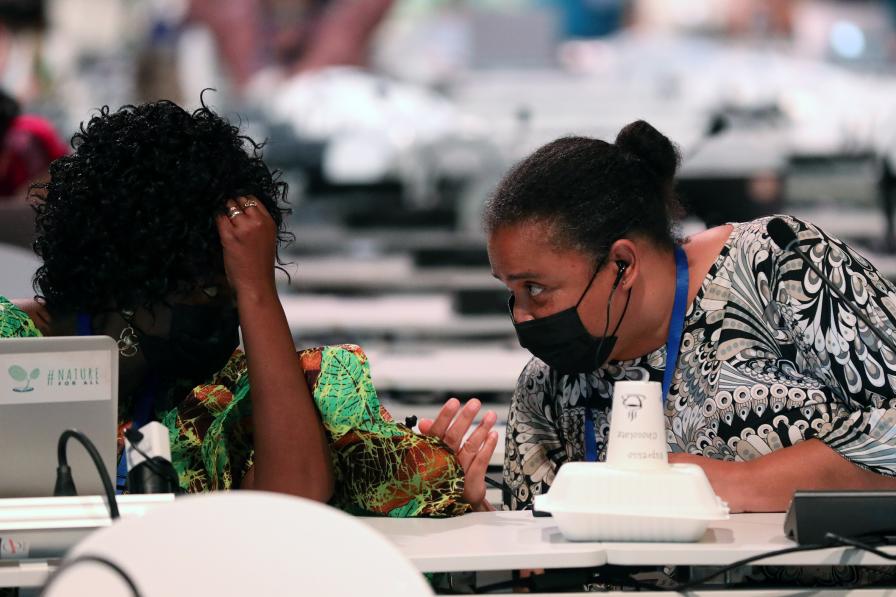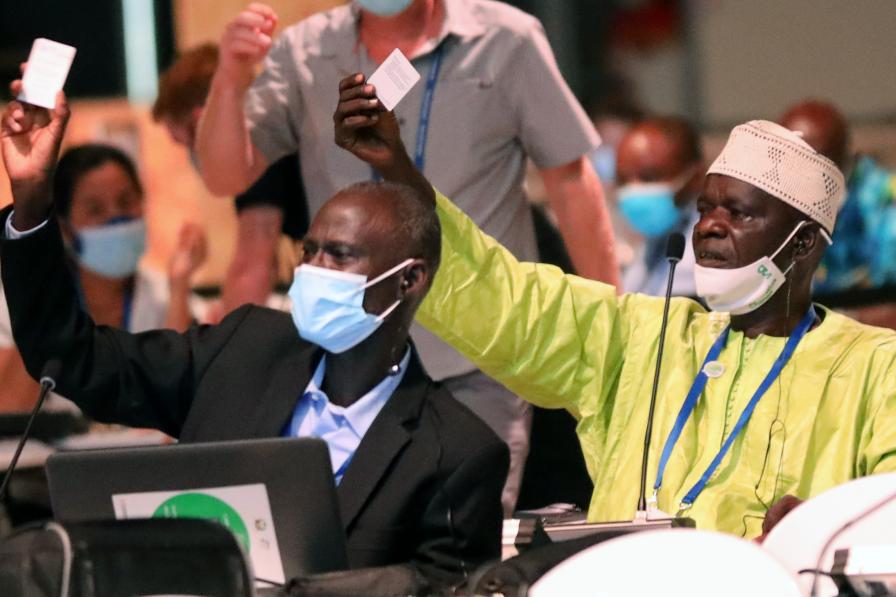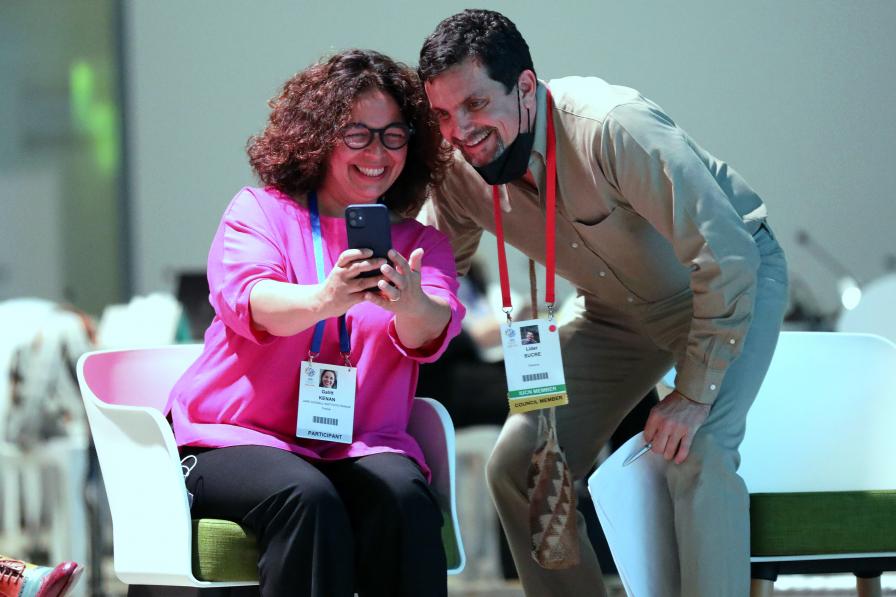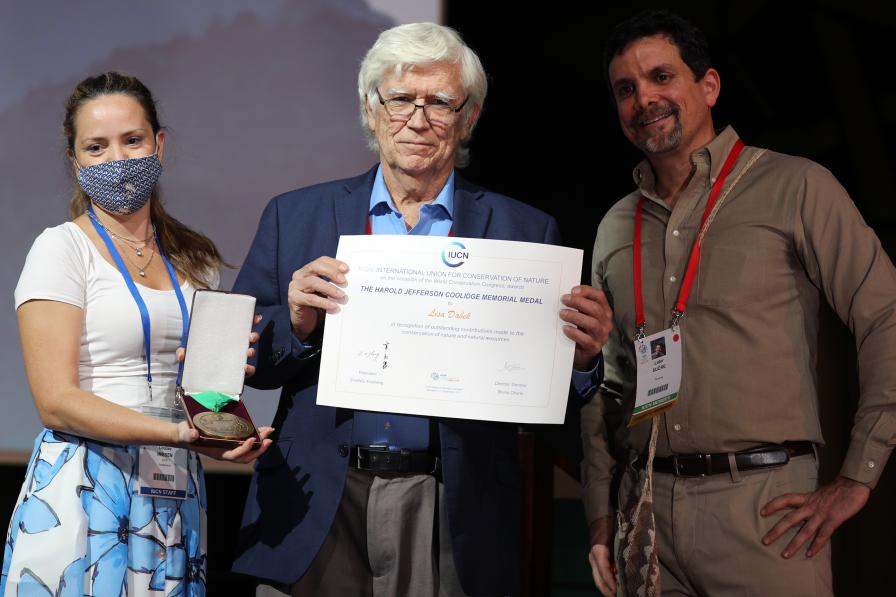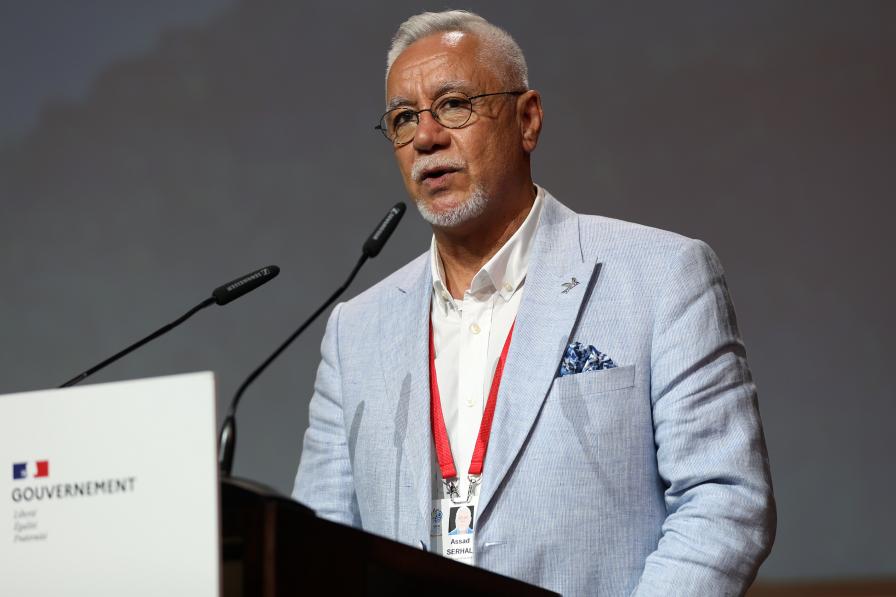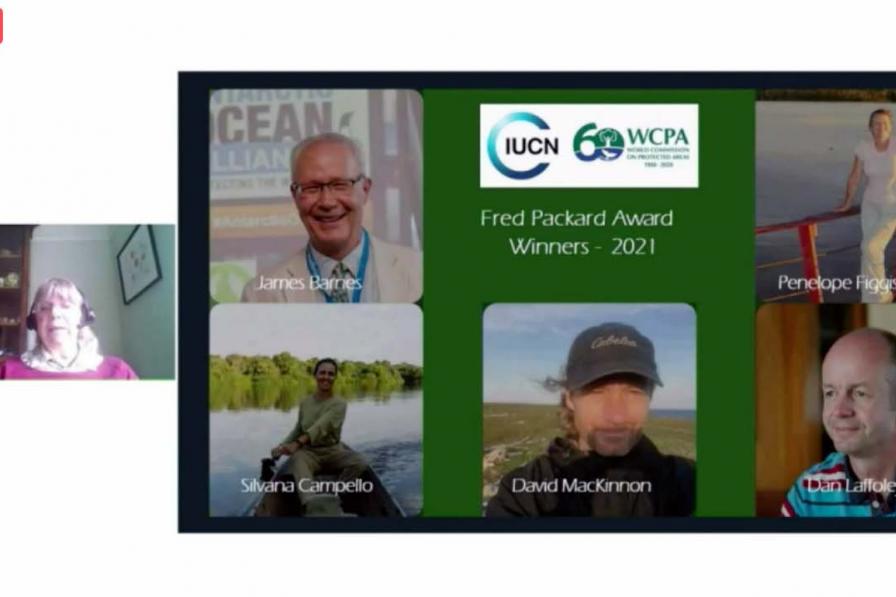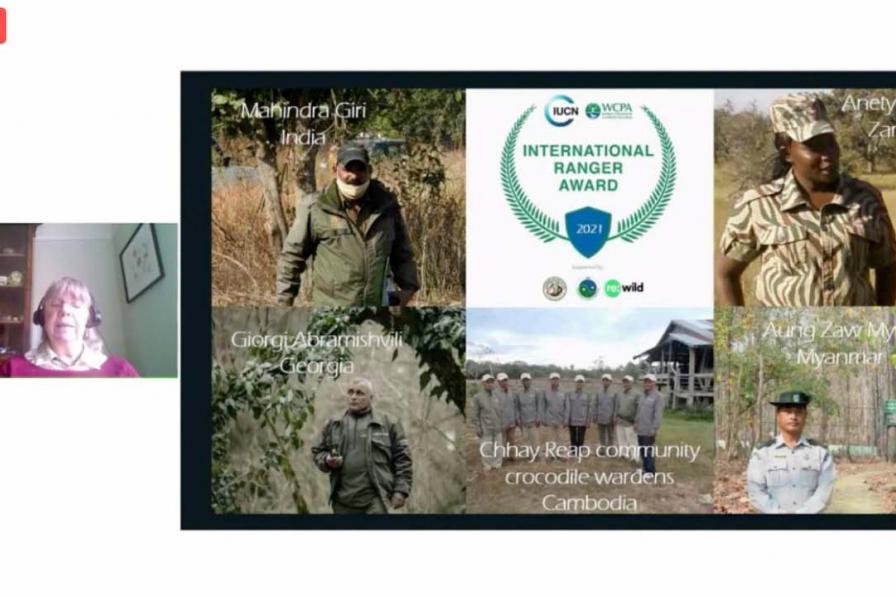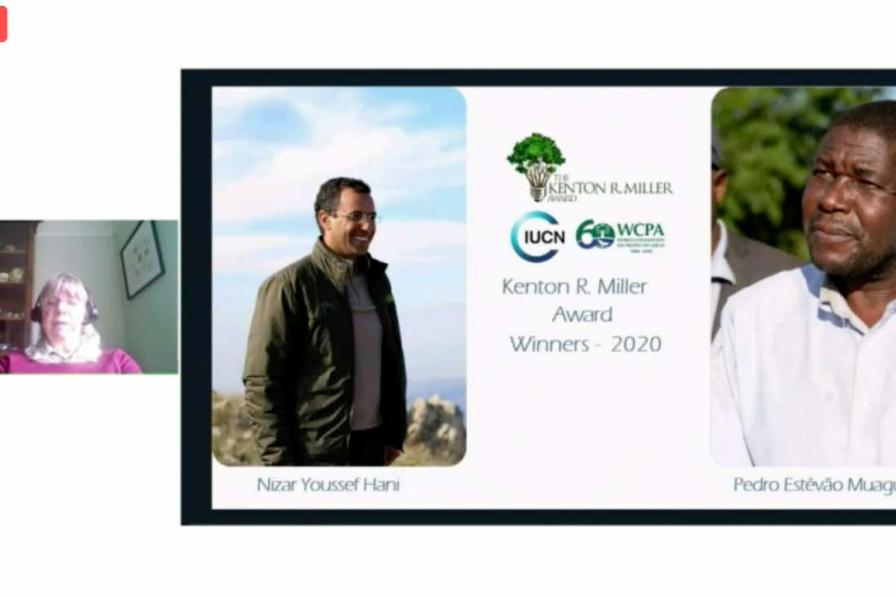During the first full day of the Members’ Assembly, two Sittings took place with Members listening to reports, engaging in strategic discussions, electing officials, and deciding on motions.
IUCN Director General Bruno Oberle presented his report structured around: IUCN activities from 2017-2020; key challenges and ways to address them; and future actions. On past activities, he highlighted overall success in programme delivery. On challenges, he distinguished financial, organizational, and political obstacles. Overcoming challenges, Oberle underscored, requires: managing risk and increasing efficiency; increasing the Union’s membership and the geographical spread of partners; strengthening Member engagement; and identifying new business models. He further outlined future activities, focusing on strategic initiatives.
IUCN President Zhang Xinsheng, noted that the previous intersessional period, shaped by the global pandemic, has underlined the importance of a sound relationship between humanity and nature. He highlighted, inter alia: the adoption of the IUCN Global Standard for NbS; the adoption of the IUCN Nature 2030 Programme; a motion requesting the development of a long-term financial strategy; strengthening of performance requirements for Councillors; and the appointment of a new Director-General.
Members approved six motions:
- Protection of the Andes-Amazon rivers of Peru (the Marañón, Ucayali, Huallaga and Amazonas) from large-scale infrastructure projects;
- Actions to strengthen food sovereignty and security of Indigenous Peoples and peasant communities;
- Renunciation of the Doctrine of Discovery to Rediscover care for Mother Earth;
- Protection of deep-ocean ecosystems and biodiversity through a moratorium on seabed mining;
- Taking action to reduce light pollution; and
- Reinforcing the protection of marine mammals through regional cooperation.
Members further approved six governance motions:
- Establishment of an elected Indigenous Councillor position;
- Modification of the term “Regional Councillor”;
- Protection of the intellectual independence of the knowledge- and evidence-based work carried out by the Commissions and Secretariat of IUCN;
- Role of Commissions in National and Regional Committees;
- Clarification of conditions for readmission of former State Members; and
- Functions of the IUCN Treasurer.
The IUCN awards ceremony celebrated those who have made a contribution to their countries and left a lasting legacy to conservation.
Alfred Oteng-Yeboah, Ghana, was awarded the John C. Phillips Memorial Medal, the IUCN’s oldest award, for outstanding service to international conservation. Accepting the award, he said, “If we can protect biodiversity, then land degradation and climate change will be a thing of the past.” Lisa Dabek, US, was awarded the Harold Jefferson Coolidge Memorial Medal for her outstanding contribution to the conservation of nature and natural resources.
Assad Serhal, Lebanon, Richard Watling, Fiji, Raoni Metiktire, Brazil, and Jane Goodall, UK, were awarded honorary IUCN memberships for their exceptional contribution to conservation.
